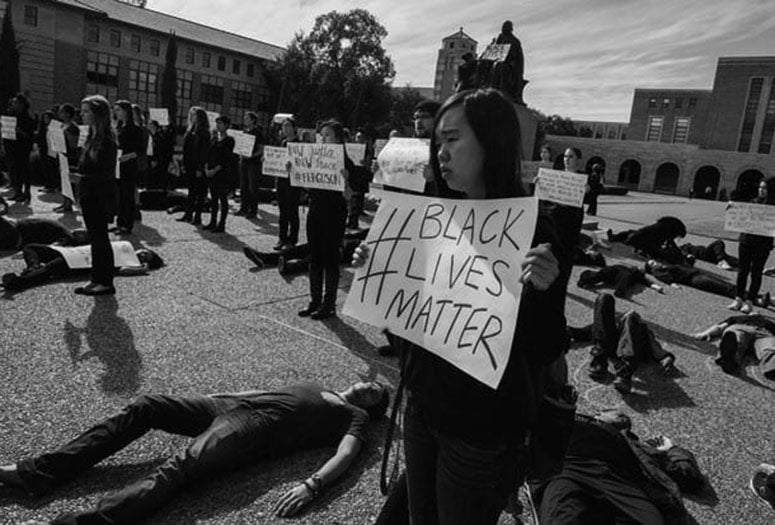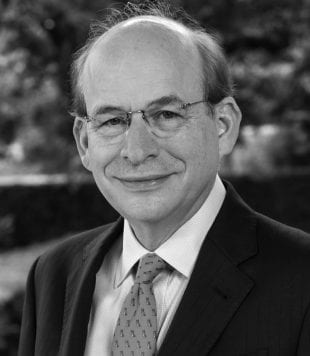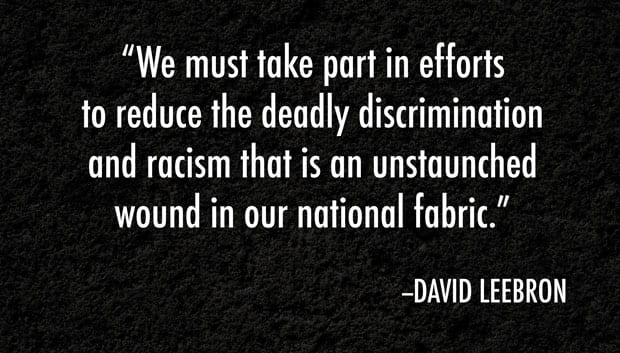Rice President David Leebron sent the following message to the university community May 30:
We draw many things from being a community. We do things collaboratively. We define and share our values. We take collective joy in our successes. We commiserate when there are reasons for sadness. And we come together in times of crisis and danger.
Over the summer, when our students and also to some extent our faculty are dispersed, the immediate sense of community and our ability to rely on it is diminished. This year that is even more so since our education has been completely online since March. And although our students may still be seeing each other in classes on screens, many of the casual interactions that build our connections to each other no longer take place.
There is of course great sadness sweeping across our world and our country because of the pandemic. Many have lost friends and family members. Many more are living in isolation and under constant threat of danger to their health. Tens of millions have lost their jobs, and collectively our country is facing a level of unemployment and financial distress we have not seen in 90 years. And these burdens have fallen unequally on different communities.
And yet, amid all of that, there is now a deep pang of pain sweeping across America that cries out for recognition, that demands that our voices be heard.
Just three weeks ago I wrote on Twitter about the horrific shooting of Ahmaud Arbery, who was killed while jogging in the coastal city of Brunswick, Georgia, in late February. In mid-March, Breonna Taylor, a young emergency medical technician in Louisville, Kentucky, was killed in her apartment when police entered. And last week, George Floyd was killed in Minneapolis when an arresting officer knelt on his throat for over eight minutes.
What these recent cases, and others, have in common is that they all involved victims who were black Americans. Black Americans who were treated as a threat when they weren’t. Black Americans who were treated as if they did not belong in a place when they did. Black Americans who were treated as if they were not a vital part of the fabric of this nation when they have fought and died and sacrificed for it as much as any others. Black Americans who were killed when the circumstances provided no justification.
There is anger and pain and fear across America, not because these are new things to deal with, but because they aren’t. Last fall, for example, Atatiana Jefferson, a young Xavier University graduate working in the pharmaceutical industry, was killed by a police officer who entered her home in Fort Worth, Texas, without identifying himself. The names of these victims are seared in our memories.
For the most part, I write to the campus about events only when they directly involve Rice, and usually when our campus is in session. But occasionally, external events, nearby or far away, are such that they reach deeply into our community and especially affect a valued part of the Rice community. And so although we are currently dispersed and these incidents did not directly involve members of the Rice community, we must acknowledge that these events cause pain and fear to a vital part of our community. It is a pain and fear that many of us have trouble even imagining. Even in the middle of a global pandemic, it is a deep and enduring pain and fear that deserves acknowledgment and caring, and recognition that we must do better.
We must therefore join with our own expressions of concern and sympathy and outrage. We must work to build an inclusive environment, one that respects and values people from different backgrounds. We must take part in efforts to reduce the deadly discrimination and racism that is an unstaunched wound in our national fabric.
And so I write today to convey on behalf of the Rice community, to all of our community, and most especially to the black members of our community, that we acknowledge the sorrow and the fear and the pain. And that we know as a university and as individuals we must contribute to healing that wound.



